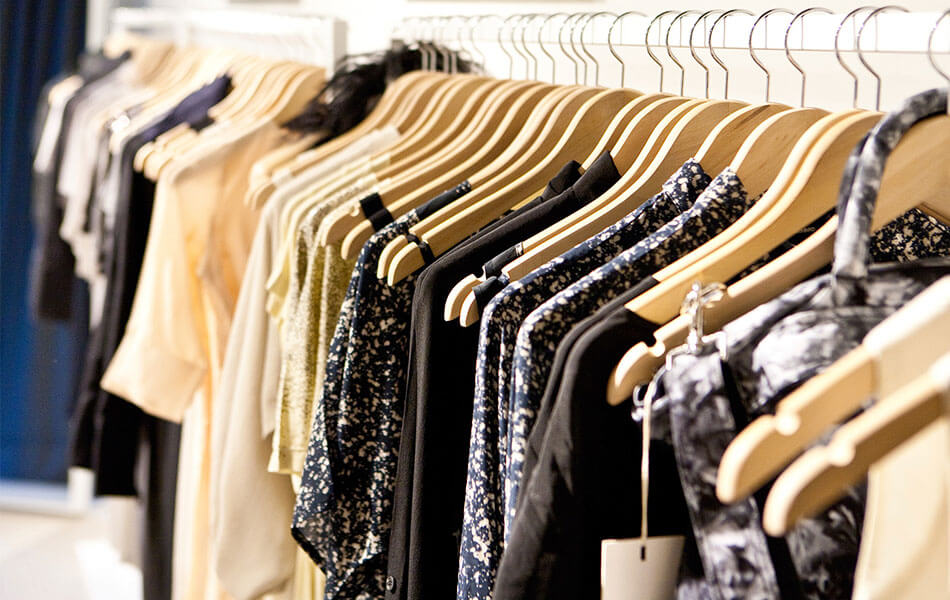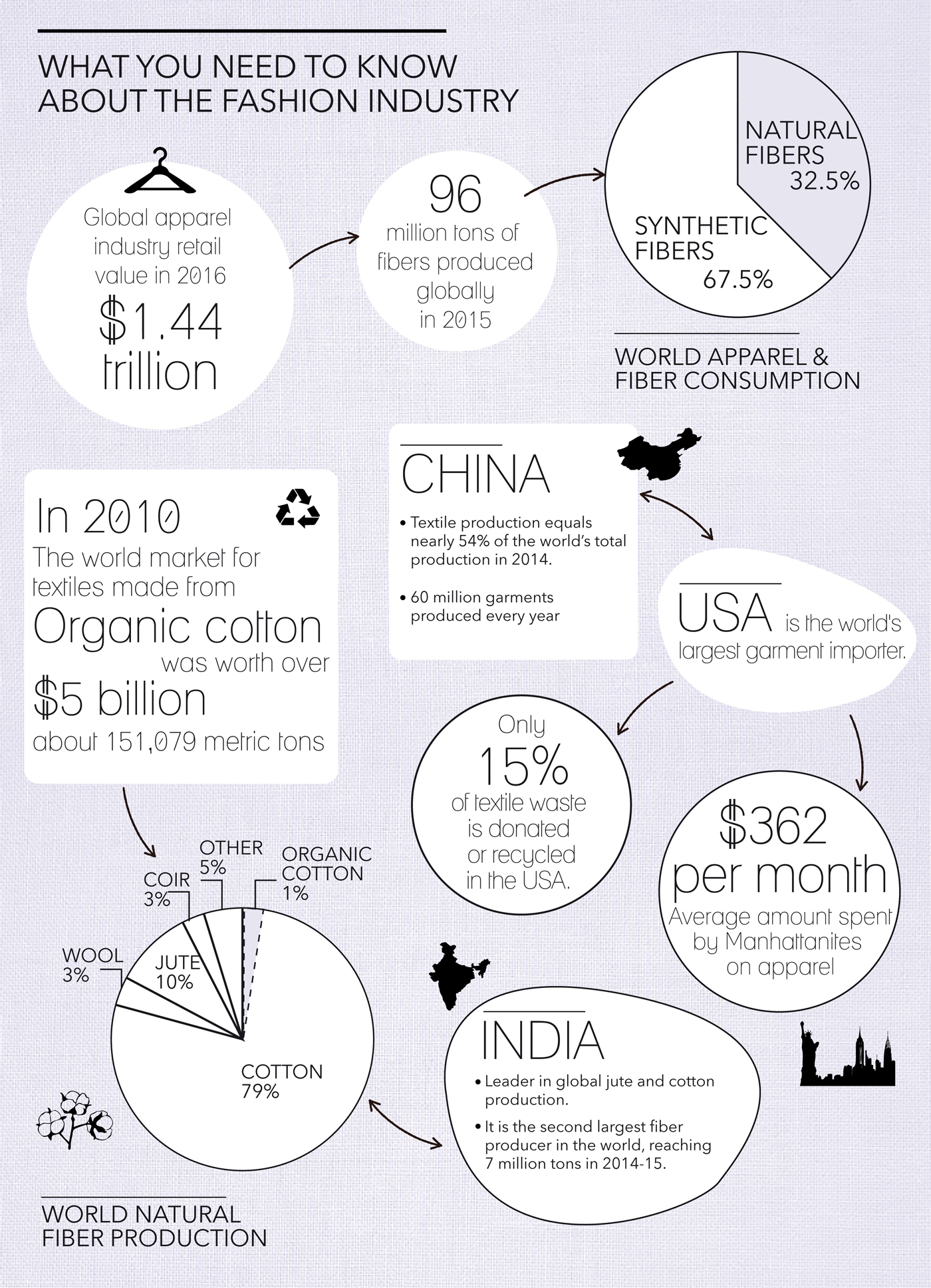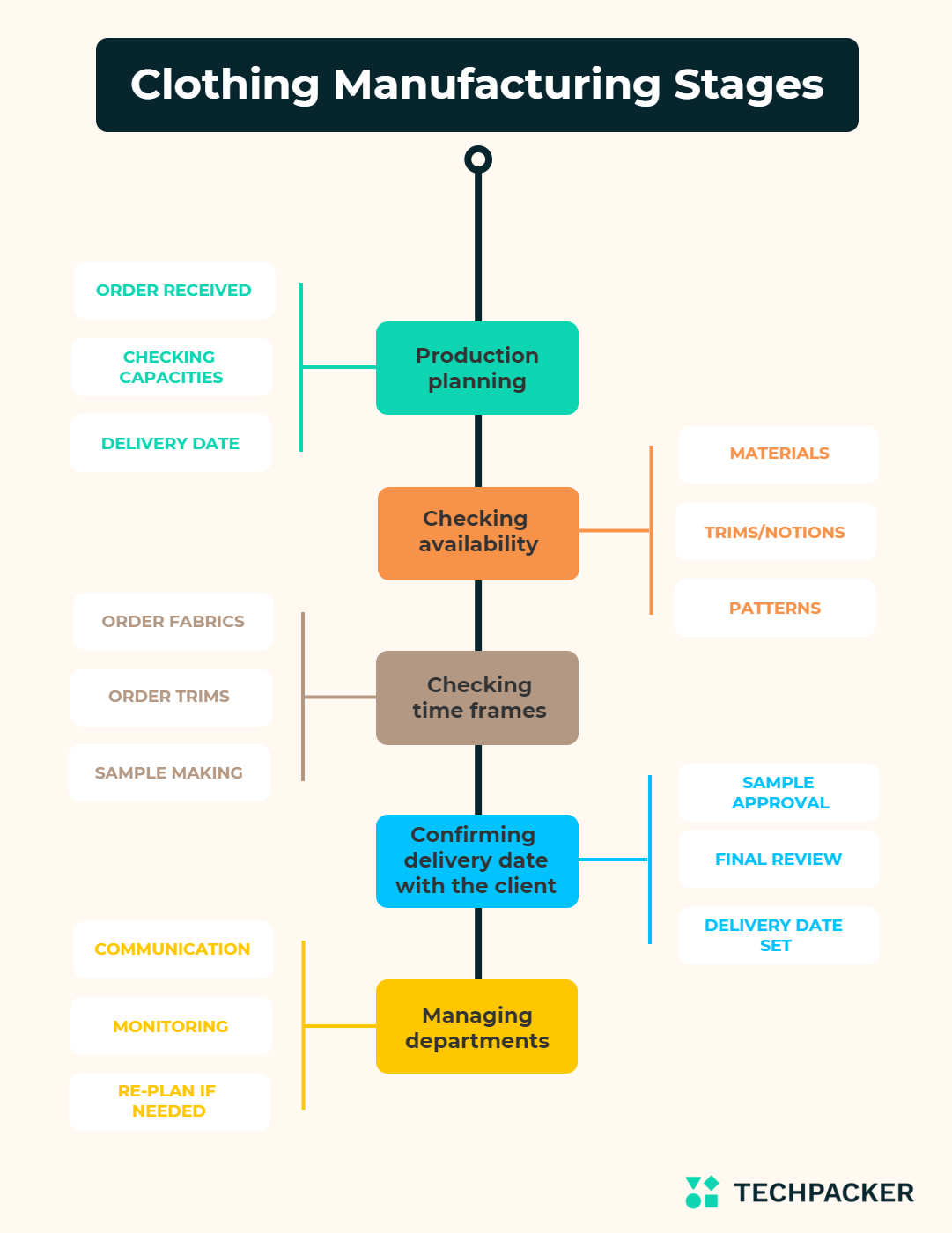The Vital Role of Fashion Wholesalers in the Modern Apparel Industry
Related Articles: The Vital Role of Fashion Wholesalers in the Modern Apparel Industry
Introduction
With great pleasure, we will explore the intriguing topic related to The Vital Role of Fashion Wholesalers in the Modern Apparel Industry. Let’s weave interesting information and offer fresh perspectives to the readers.
Table of Content
The Vital Role of Fashion Wholesalers in the Modern Apparel Industry

The fashion industry is a dynamic and complex ecosystem, driven by trends, consumer demand, and the constant pursuit of innovation. Within this intricate network, wholesalers play a crucial role, acting as intermediaries between manufacturers and retailers. They are the backbone of the apparel supply chain, ensuring that the latest designs and styles reach consumers efficiently and effectively.
Understanding the Landscape: What Wholesalers Do
Fashion wholesalers are specialized businesses that purchase large quantities of clothing, accessories, and footwear from manufacturers. They then resell these products to retailers, such as boutiques, department stores, online shops, and even other wholesalers. This intermediary role allows wholesalers to streamline the distribution process, minimizing the burden on both manufacturers and retailers.
Wholesalers offer a multitude of benefits, including:
- Access to a Wider Selection: Wholesalers provide retailers with access to a vast array of products from various manufacturers, allowing them to diversify their inventory and cater to a broader customer base.
- Cost-Effectiveness: By purchasing in bulk, wholesalers secure competitive pricing from manufacturers, enabling them to offer attractive wholesale rates to retailers. This translates to cost savings for retailers, allowing them to offer competitive prices to their own customers.
- Streamlined Logistics: Wholesalers manage the complexities of inventory management, warehousing, and shipping, freeing retailers to focus on their core operations, such as customer service and marketing.
- Trend Forecasting and Market Insights: Wholesalers possess valuable market intelligence, staying abreast of emerging trends and consumer preferences. They can leverage this knowledge to advise retailers on product selection and merchandising strategies.
- Simplified Ordering and Payment: Wholesalers streamline the ordering process, offering retailers convenient online platforms or dedicated sales representatives for easy communication and order placement.
Types of Fashion Wholesalers:
The world of fashion wholesaling is diverse, encompassing various types of businesses specializing in different product categories and target markets. Here are some key types:
- General Merchandise Wholesalers: These wholesalers offer a wide range of apparel, accessories, and footwear, catering to diverse customer needs. They are often the go-to source for retailers seeking a comprehensive selection.
- Specialty Wholesalers: These wholesalers focus on specific product categories, such as women’s wear, children’s clothing, or athletic apparel. They offer specialized expertise and a curated selection within their chosen niche.
- Import/Export Wholesalers: These wholesalers source products from international manufacturers and distribute them to retailers in their respective markets. They bridge geographical gaps, enabling retailers to access global fashion trends.
- Online Wholesalers: The rise of e-commerce has led to the emergence of online wholesalers, offering a convenient and efficient platform for retailers to browse, order, and manage their inventory.
Navigating the Wholesale Market:
For retailers seeking to partner with wholesalers, it is crucial to understand the nuances of this complex market:
- Product Quality and Standards: Retailers should carefully evaluate the quality of products offered by wholesalers, ensuring they align with their brand image and customer expectations.
- Pricing and Payment Terms: Retailers should negotiate favorable pricing and payment terms, considering factors such as order volume, minimum order quantities, and payment deadlines.
- Shipping and Delivery: Retailers should clarify shipping and delivery procedures, including lead times, shipping costs, and insurance coverage.
- Returns and Exchanges: Retailers should understand the wholesaler’s policies regarding returns, exchanges, and damaged goods.
- Building Relationships: Building strong relationships with wholesalers is essential for long-term success. This involves clear communication, timely payments, and a commitment to mutual growth.
FAQs by Fashion Wholesalers:
Q: What are the minimum order quantities for wholesale purchases?
A: Minimum order quantities vary depending on the wholesaler, product category, and specific items. It is essential to inquire about these requirements before placing an order.
Q: How do I find reputable fashion wholesalers?
A: Research online directories, trade shows, and industry publications to identify reputable wholesalers. Seek recommendations from other retailers and consider factors such as product quality, pricing, and customer service.
Q: What are the payment terms for wholesale purchases?
A: Payment terms typically include net 30, net 60, or prepayment. It is essential to discuss and agree upon the payment terms before placing an order.
Q: How do I return or exchange merchandise purchased from a wholesaler?
A: Each wholesaler has specific policies regarding returns and exchanges. Review these policies carefully before placing an order and ensure you understand the process for returning or exchanging merchandise.
Q: What are the benefits of working with a fashion wholesaler?
A: Working with a wholesaler offers numerous benefits, including access to a wider selection of products, cost-effectiveness, streamlined logistics, trend forecasting, and simplified ordering and payment processes.
Tips by Fashion Wholesalers:
- Stay Informed: Keep abreast of industry trends, emerging designers, and consumer preferences to ensure your product selection remains relevant and in demand.
- Build Strong Relationships: Cultivate relationships with key manufacturers and retailers, fostering trust and collaboration for mutual success.
- Offer Excellent Customer Service: Provide prompt responses, clear communication, and a willingness to address any concerns or issues promptly.
- Embrace Technology: Leverage technology to streamline operations, improve efficiency, and enhance customer experiences.
- Diversify Your Product Portfolio: Offer a diverse range of products to cater to different customer needs and preferences, maximizing your reach and appeal.
Conclusion:
Fashion wholesalers play a pivotal role in the apparel industry, connecting manufacturers with retailers and ensuring the seamless flow of products to consumers. Their expertise in sourcing, pricing, and logistics provides retailers with valuable support, enabling them to focus on their core business activities. By understanding the dynamics of the wholesale market and embracing the opportunities it presents, both wholesalers and retailers can contribute to the continued success and evolution of the fashion industry.








Closure
Thus, we hope this article has provided valuable insights into The Vital Role of Fashion Wholesalers in the Modern Apparel Industry. We hope you find this article informative and beneficial. See you in our next article!